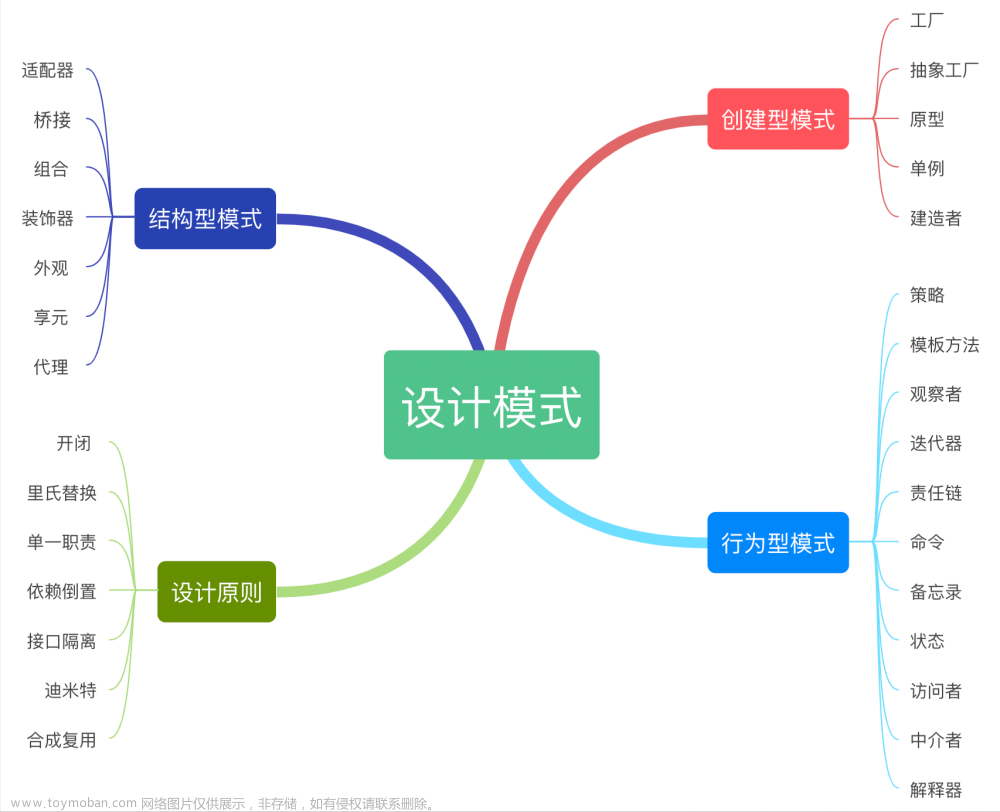
Key Concept:
- Versioning machine learning models is a crucial practice that involves systematically tracking and managing different model iterations over time. This ensures reproducibility, enables comparisons, facilitates rollbacks, and supports continuous improvement.
Purposes:
- Reproducibility: Recreate model behaviors precisely for auditing, debugging, or experimentation.
- Comparison: Evaluate performance and trade-offs across different model versions.
- Rollbacks: Revert to previous versions quickly if newer ones introduce issues.
- Continuous Improvement: Experiment with different approaches and track progress effectively.
Implementation Approaches:
-
Version Control Systems (VCS):
- Store model artifacts (code, weights, metadata) alongside code in Git, Mercurial, or similar systems.
- Track changes, enable collaboration, and facilitate rollbacks.
-
Model Registries:
- Specialized databases or systems for storing, managing, and serving multiple model versions.
- Offer features like metadata management, version comparison, and deployment management.
-
Microservices Architecture:
- Deploy each model version as a separate microservice with a unique endpoint.
- Enables independent scaling, testing, and deployment strategies.
Key Considerations:
- Versioning Strategy: Define a clear system for assigning model versions (e.g., numerical, timestamp-based, semantic).
- Metadata Management: Store essential information for each version (e.g., training data, hyperparameters, performance metrics).
- Deployment Planning: Decide how different versions will be served and accessed in production.
- Rollback Procedures: Establish clear protocols for reverting to previous versions if necessary.
Additional Considerations for Experts:
- Experiment Tracking: Link model versions to specific experiments for comprehensive lineage tracking.
- Model Drift Monitoring: Track performance changes over time to detect potential drift and trigger retraining or updates.
- Compliance Requirements: Ensure versioning practices meet relevant regulatory or industry standards.
In Conclusion:
Model versioning is an essential design pattern for building robust and maintainable machine learning systems. By effectively managing model versions, you can ensure reproducibility, facilitate experimentation, and support continuous improvement of your ML pipelines.
https://bard.google.com文章来源:https://www.toymoban.com/news/detail-798935.html
App unavailable \ Anthropic文章来源地址https://www.toymoban.com/news/detail-798935.html
到了这里,关于ML Design Pattern——Model Versioning的文章就介绍完了。如果您还想了解更多内容,请在右上角搜索TOY模板网以前的文章或继续浏览下面的相关文章,希望大家以后多多支持TOY模板网!

![生成器设计模式(Builder Design Pattern)[论点:概念、图示、示例、框架中的应用、场景]](https://imgs.yssmx.com/Uploads/2024/01/410797-1.png)
![观察者设计模式(Observer Design Pattern)[论点:概念、组成角色、相关图示、示例代码、框架中的运用、适用场景]](https://imgs.yssmx.com/Uploads/2024/02/424092-1.png)









